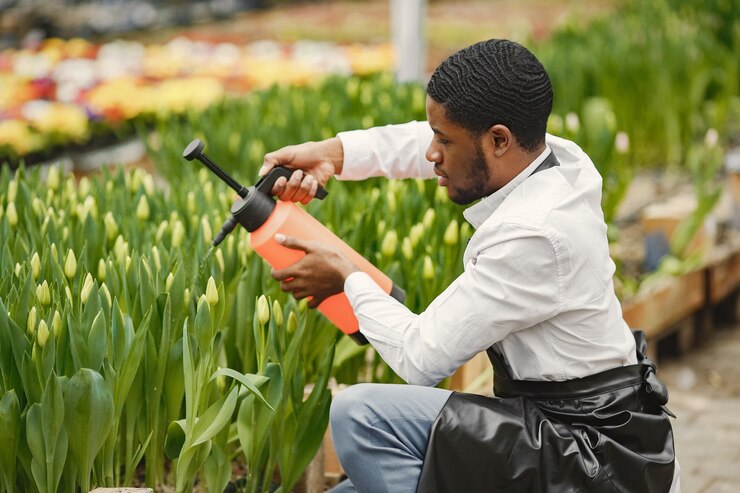Water management is crucial for sustainable agriculture in South Africa, a country that faces water scarcity and drought conditions in many regions. Implementing effective water management strategies is essential to ensure the availability and efficient use of water resources while supporting agricultural productivity. Here are some key strategies for sustainable water management in agriculture:
- Diversification of Water Sources: South Africa should explore various sources of water for agricultural use beyond traditional surface water sources. This includes rainwater harvesting, groundwater extraction, and wastewater reuse. Diversifying water sources helps reduce pressure on limited resources and provides alternative supplies during dry periods.
- Irrigation Efficiency: Improving irrigation practices is vital to reduce water wastage. Farmers should adopt efficient irrigation techniques such as drip irrigation or precision sprinklers, which deliver water directly to the roots of plants, minimizing evaporation and runoff. Regular maintenance and monitoring of irrigation systems are also necessary to prevent leaks and ensure optimal water distribution.
- Crop Selection and Rotation: Promoting the cultivation of crops that are more resilient to water scarcity, such as drought-tolerant varieties, can help optimize water use in agriculture. Additionally, implementing crop rotation practices helps improve soil moisture retention and reduces water demand by breaking disease and pest cycles.
- Soil Conservation: Implementing soil conservation practices such as mulching, terracing, and contour plowing can enhance water infiltration and reduce soil erosion. Healthy soils with improved water-holding capacity contribute to efficient water use by retaining moisture for plants’ use during dry periods.
- Water-Efficient Farming Techniques: Encouraging the adoption of water-efficient farming techniques, such as agroforestry, conservation agriculture, and integrated pest management, can minimize water requirements while maintaining productivity. These techniques promote sustainable farming practices, reduce water wastage, and enhance soil health.
- Education and Training: Providing education and training programs to farmers and agricultural stakeholders on sustainable water management practices is crucial. This includes promoting awareness about water conservation, efficient irrigation techniques, and the benefits of adopting sustainable farming methods. Training programs can help farmers make informed decisions and implement water-saving practices effectively.
- Policy and Regulation: Developing and enforcing policies and regulations that support sustainable water management in agriculture is essential. This includes water allocation frameworks, water pricing mechanisms, and regulations for water use efficiency. Governments should also provide incentives, subsidies, and technical support to encourage farmers to adopt sustainable water management practices.
- Research and Innovation: Continued research and innovation in water management technologies and practices are vital for long-term sustainable agriculture. Investing in research and development can lead to the development of new irrigation technologies, water-efficient crop varieties, and improved water monitoring and management systems.
- Collaboration and Stakeholder Engagement: Effective water management requires collaboration among government agencies, farmers, researchers, and other stakeholders. Engaging all relevant stakeholders in decision-making processes, promoting knowledge sharing, and fostering partnerships can lead to more holistic and sustainable water management strategies.
By implementing these water management strategies, South Africa can enhance agricultural productivity while conserving precious water resources. It is important to adapt these strategies to local conditions and ensure their long-term viability through ongoing monitoring and evaluation.
Join 'Farmers Mag' WhatsApp Channel
Get the latest Farming news and tips delivered straight to your WhatsApp
CLICK HERE TO JOIN






